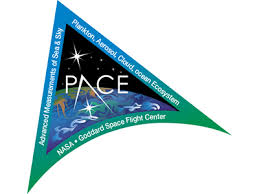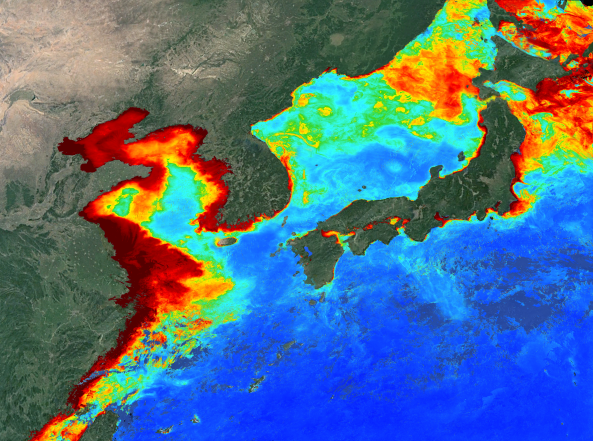A 3-year PhD fellowship is proposed by the Laboratory of Oceanology and Geosciences LOG (Wimereux, France) on the water quality variability by multi-sensors remote sensing in inland water/estuarine/deltaic environments. Application to 1) Hauts-de-France watershed up to estuaries and 2) Lower Mekong watershed up to the delta.
Objectives
Multisensor remote sensing techniques are crucial for understanding the functioning of marine, coastal/littoral and inland water systems as it is a synoptic technique useful to improve our understanding of water quality across the Continental/Sea continuum. Water quality variables that can be assessed by multispectral satellites are turbidity, chlorophyll (an indicator of phytoplankton biomass, trophic and nutritional status), colored dissolved organic matter (an indicator of organic matter and aquatic carbon), suspended solids and non-algal particles. The variable, surface water temperature, is also considered as a good indicator of the environment in term of biodiversity/climate change and species migration corridor with well-defined thermal trajectories. However, the TS has never been analyzed concomitantly with other variables, which greatly limits our understanding of the phenomena where water masses are extremely dynamics and vary from nothing to nothing in composition and quantity to within half an hour!
Via well-adapted algorithms and appropriated sensors (TRISHNA, Landsat, Sentinel, hyperspectral UAV, etc), handled images enable us to complete and densify the observations for better management of the territories, in this case here 1) the Hauts-de-France and 2) the Lower Mekong (VolTransMESKONG CNES project & Vietnam-France joint laboratory LOTUS). Indeed, the water quality parameters (WQP) are useful for the evaluation of the sanitary quality facilitating a fortiori the good management of these spaces from the ecological, economic and also touristic point of view (bathing waters). Through this thesis project, for the HdF, the spatial/temporal monitoring of these indicators will, among other things, make it possible to understand the evolution and interactions between water masses and marine and coastal resources (biological and mineral) with a focus on estuaries. For the BM, climatic and anthropogenic forcings will be apprehended through the spatial/temporal analysis of water quality, its degradation and also the hydro-sedimentary flows from the watershed to the delta.
Qualifications: Master degree in remote sensing or oceanography or environmental sciences
Application closure date: May 1 2023
Position Length: 3-year fellowship from October 2023
Location: The candidate will be located at LOG, 32 avenue Foch, 62930 Wimereux, France
Applicants must submit:
– A detailed CV, including the e-mail and phone number for three references
– A short cover letter explaining the applicant’s experience related to the position and motivation
For questions and application’s submission, please contact:
Cédric Jamet: cedric.jamet@univ-littoral.fr
Charles Verpoorter : Charles.verpoorter@univ-littoral.fr




